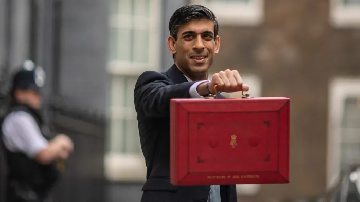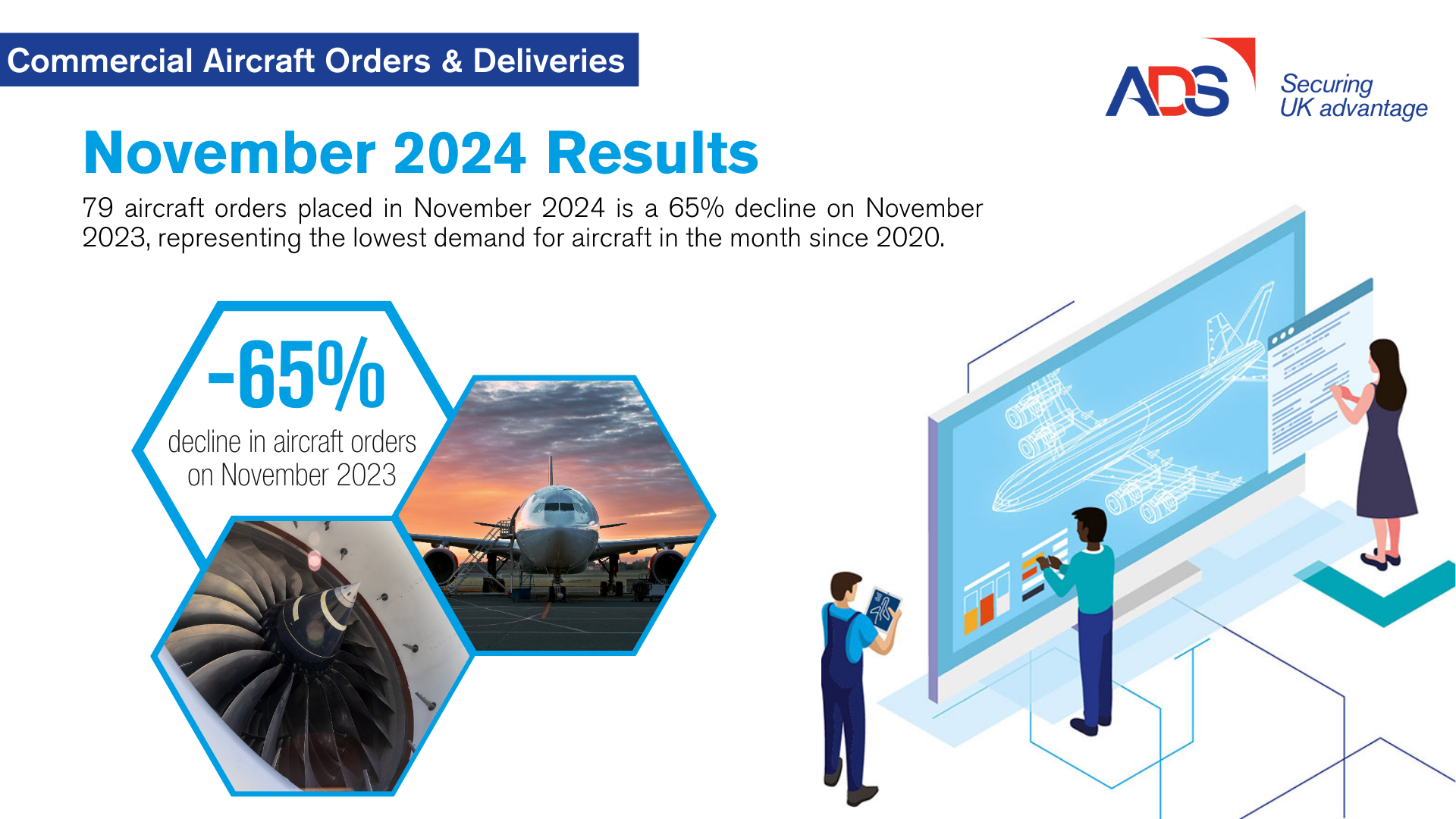
On 11 March, new Chancellor Rishi Sunak unveiled his first Budget and the Government’s first Budget since the election. It is a significant moment due to the measures announced to ease the pressure caused by coronavirus, but also because it marks a significant policy shift for the Conservative Party towards greater levels of public spending.
Some of the key takeaways for ADS sectors are summarised below.
R&D investment
The longer-term spending decisions are significant, with several announcements which could benefit ADS member companies. The Chancellor announced measures including an increase in overall R&D investment to £22bn a year by 2024-25 and increasing the rate of R&D Expenditure Credit from 12% to 13%. This is a welcome show of intent from the Government which will help support ADS sectors in the development and manufacturing of advanced new technologies in the UK. The announcement of investment in the National Space Strategy and space innovation fund was particularly welcome as ADS and UKspace had made representation to the Chancellor to support this new innovation fund.
Support for business
There were spending pledges made to support businesses which included extending the funding of the British Business Bank’s Start-Up Loans programme to the end of 2021-22 supporting up to 10,000 entrepreneurs. The Department for Business, Energy and Industrial Strategy will lead the development of a digital service to provide businesses with tailored information about appropriate sources of Government financial support. Furthermore, the terms of reference into a review on business rates has been published and a call for evidence will be announced in the spring.
Defence and security
There was little detail on support to the defence and security industries on the whole in the Budget. However, it was announced that a £1bn fund would be established to support overseas buyers of UK defence and security goods. An additional £50m will also be provided for the National Security Strategic Investment Fund which will see Government and industry invest in companies with advanced technologies that can contribute to the UK’s longer term national and economic security. We will look a little deeper into the defence issues in this years Budget in a separate blog.
Comprehensive Spending Review (CSR)
The Budget formally launched the 2020 CSR which is set to conclude in July and set out spending plans for public services and investments from 2021-22 to 2023-24. It will examine how R&D funding can best be distributed across the country, and will prioritise ‘levelling up’ the economy across the country, strengthening the UK’s place in the world and reducing carbon emissions. ADS hopes to see a long term commitment to the Aerospace Technology Institute when it releases its detailed spending plans.
Economic and fiscal outlook
The Office for Budget Responsibility provided its forecasts to Government earlier than in previous years to take into account the Government’s plan for longer term spending commitments. This meant that the impact of coronavirus was not able to be fully considered. However the Chancellor outlined that coronavirus would likely lead to a short term slowing of global growth, including in the UK. The new migration regime announced last year will also have a material effect on the medium term GDP growth as inward migration is set to fall. Slower population growth and changes to the population demographic will change employment rates and equate in a slight reduction in GDP.
We will also shortly publish blogs on the measures taken to ease the impacts of coronavirus and key takeaways for defence.
You can view a two page ADS briefing on the Budget below.
Fullscreen ModeFurther information is available by clicking on the links below:
• Budget documents and Chancellor’s Budget speech





